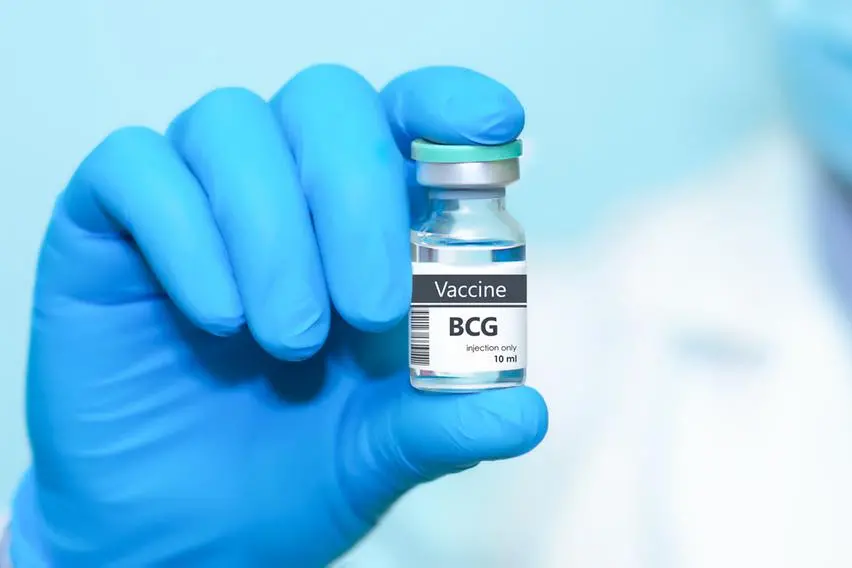PHOTO
Health experts in Kenya have raised an alarm over the severe shortage of Bacillus Calmette-Guérin (BCG), the life-saving childhood vaccine that has been out of stock in government stores and hospitals for over three weeks.
BCG, which is essential in preventing the development of tuberculosis, is among the three vaccines given to babies at birth in Kenya.
Medical Services Principal Secretary Harry Kimtai told the Nation the government had procured 2.6 million doses of BCG that are expected to arrive in the country in three weeks. He said the vaccines will be processed for urgent distribution to nine regional stores.
The Health Ministry reached a deal with the United Nations Children Fund (Unicef) supply division to ensure shipment of the vital childhood vaccine.“There has been a slight delay on the delivery of these vaccines but now the government has resolved it with Unicef,” he said.
“There has been a global challenge in contracting for procurement of traditional vaccines, including BCG, which has since been resolved.
We are expecting the BCG vaccines anytime from the third week of January 2025. In the meantime, we request caregivers to take the other vaccines as we wait for the resumption of BCG,” said the PS.
The vaccine is given as an injection on the upper part of the left arm. It is on the World Health Organization’s list of essential medicines and is part of the schedule in Kenya Expanded Programme on Immunisation (Kepi).
A spot-check by the Nation found that public health facilities in at least 12 counties have run out of the vital vaccines for over three weeks. The most affected counties include Kisumu, Kakamega, Bomet, Narok, Turkana, Wajir, Isiolo, Mandera, Garissa, Uasin Gishu, Marsabit, Homa Bay and Isiolo.
This is the second time in less than a year that Kenya is facing a stock-out of vital childhood vaccines. In June 2024, the Health ministry announced that it had procured Sh1.25 billion worth of the same routine childhood vaccines which Mr Kimtai now says have run out. This was after in May 2024, the country experienced a shortage.
At the time, a senior official at the ministry disclosed that the government had been given until July 1, 2024 to clear a Sh1.5 billion debt from the previous financial year to Unicef and GAVI, the Vaccine Alliance. This would trigger Gavi to release its con-financing portion of Sh8 billion for the current financial year. Mr Kimtai in June last year said that the Sh1.5 billion debt had been cleared.
Refugee camps have also been affected in the latest shortages of vaccines, posing a threat to both the refugees and the surrounding communities.
According to the International Rescue Committee-led health service delivery operation in Kakuma, buffer stocks for BCG, oral polio vaccine and Rotavirus had been depleted. A similar crisis looms in the Dadaab refugee camp.
© Copyright 2022 Nation Media Group. All Rights Reserved. Provided by SyndiGate Media Inc. (Syndigate.info).




















